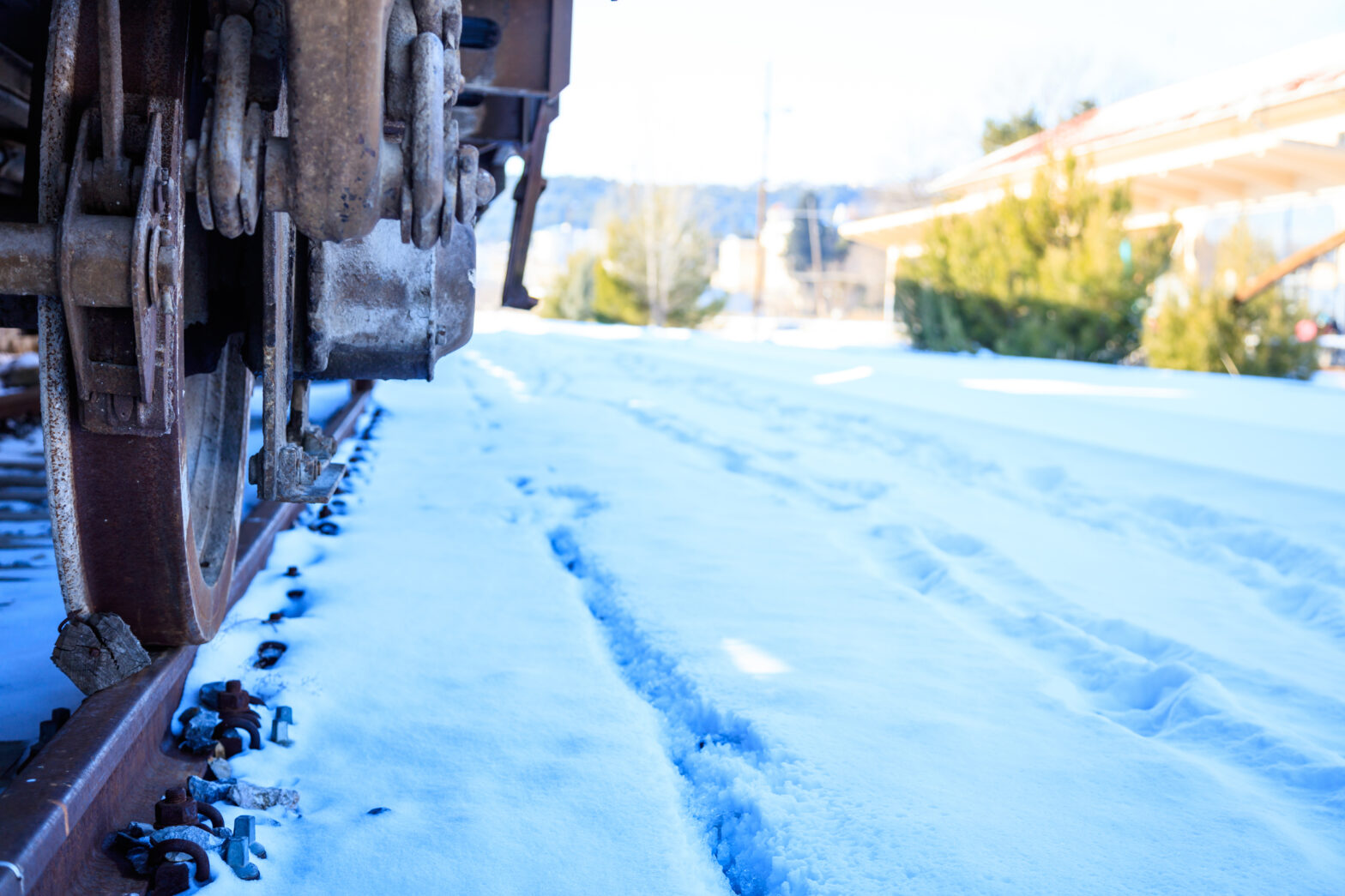The track has melted outside Euston. There’s been snowfall at Waterloo. It’s a familiar story, right? Johnny won’t make the meeting; Jenny won’t get the deal. What’s the cost to UK businesses of staff missing key appointments, essential meetings, and urgent deadlines?
Across a workforce, such delays have a significant cumulative impact on productivity – quite apart from the intangible damage of missed deadlines and deals. Anecdotes about lost business are easily found, but the true cost to businesses of these cumulative lost hours in stations and terminals is incalculable. The rail industry has clear compensation rules in place and systems to reclaim. It’s time businesses, often compensating employees for travel, take the matter in hand. They must start to claim back from transport companies, and encourage staff to do so on their behalf.
Why are businesses not claiming?
The number of passengers claiming compensation stands at about 35 per cent, according to the Rail Delivery Group. And yet a Transport Focus survey found 57 per cent of passengers either don’t know they could claim (23 per cent), or haven’t thought about doing so (34 per cent). The problem is general awareness about the process of reclaiming funds for delayed travel is low. The simple reasons for this is that overall, awareness is low amongst the travelling public as passengers simply don’t know where to go for help. Government and transport organisations, such as the Office of Rail and Road, continue to try and change this, yet two thirds of eligible compensation claims are still not being made.
So, what’s the damage? Although systems are in place last year, train operators received £107 million in 2015 from Network Rail delays, while train customers claimed back just a quarter of that, at £26 million. The point here is not whether reclaiming a £12 Travelcard, or a £230 inter-city peak return, or even a £5,000 season ticket, will ever compensate your business for missed deals and lost productivity. It won’t. But, take care of the pennies, and the pounds will take care of themselves.
The need for improvement: moving it up a gear
The UK Government has announced plans to enable rail passengers to claim compensation if their train is delayed by 15 minutes or more. The process to claim back funds, which has previously been complex and woefully inefficient, is now easier than ever.
Whereas before, passengers had to post back various forms and tickets, and only received back payments as travel vouchers, digital technology has simplified the whole process. Train companies still need a proof of purchase, but smartphone cameras and digital forms make it easy to submit claims online, and payments are now issued directly to the account where the tickets were purchased from.
As with its commercial services, the process of reengineering digital functions and revitalising customer service to customers is at the heart of the matter. But there is progress, at last, helped by government and regulators, to make it easier for customers to claim back their lost hours within it.
As much as delays are endlessly frustrating, UK consumers are generally pragmatic and understand when problems are out of an operator’s control. However, the key to appeasing the stress of the commuter is to ensure it’s incredibly easy to claim; automating systems and making customer communication as efficient as possible – all backed by human support where needed. Placing the user at the heart of the claiming compensation process will ensure that valid claims are made and customer satisfaction in rail travel increases.
Businesses must take heed of this new technology available… even if it can’t ever fully pays back the full value of business delays.
Dr. Steve Cassidy, Managing Director, Viaqqio, part of ESP Group







